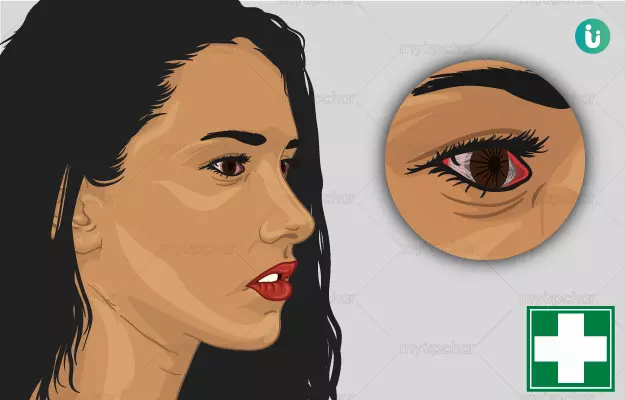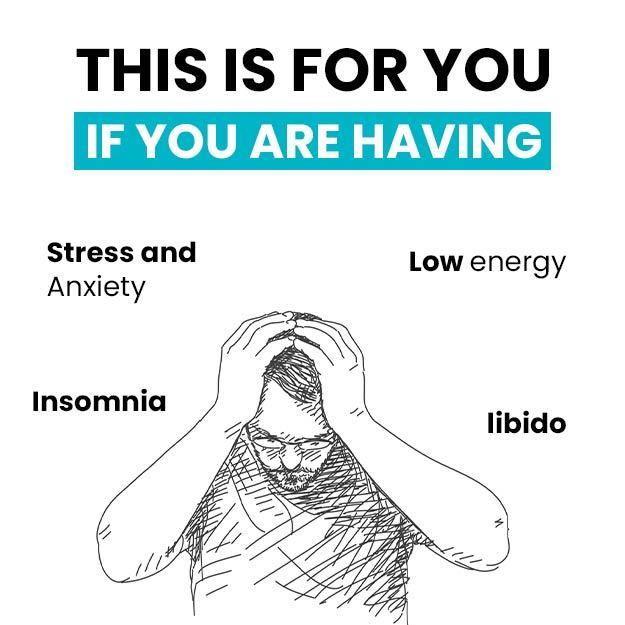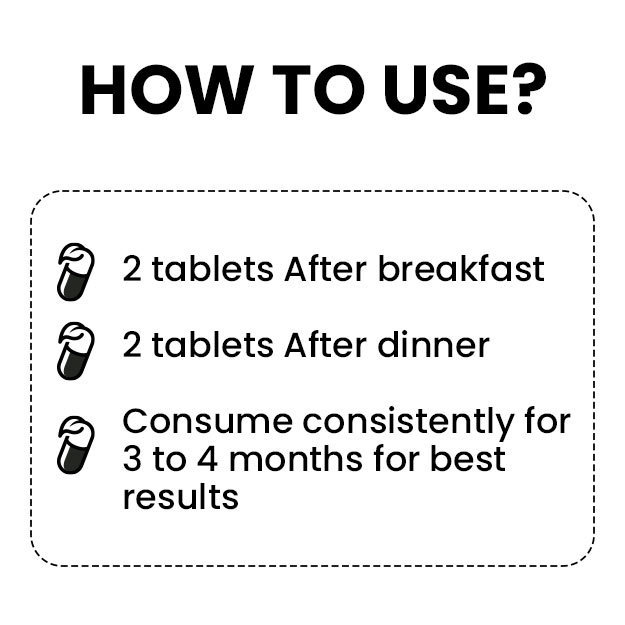The white part of our eye is covered by a transparent membrane made of cells. When this membrane gets infected or inflamed, it is called conjunctivitis or an eye infection. This condition causes the small blood vessels in the eye to swell, making them more visible. As a result, the eye may become red, swollen, and uncomfortable, and there may also be discharge from the eye.
(Read more – Say Goodbye to Pink Eye)
When a person has conjunc, the white part of the eye turns red or pink eye. In most cases, it heals on its own and does not cause serious problems. The main causes of conjunctivitis are bacterial infections, viral infections, or allergies. Since it is highly contagious, it is important to take quick action to prevent its spread.
(Read more – Foods to help fight allergies)
This article explains what happens during conjunctivitis, whether it is serious, what to do when you get it, and when to see a doctor.


























